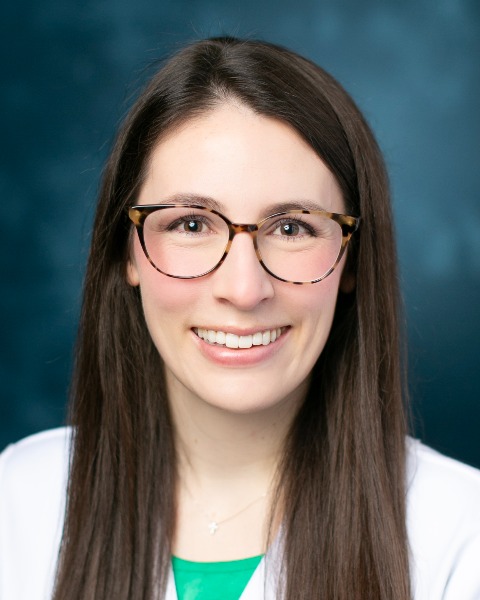Medical Education
Session: Medical Education 1 Works in Progress
WIP 3 - Medical Students' Knowledge and Perceptions of Medical Interpreters
Sunday, May 5, 2024
3:30 PM - 6:00 PM ET
Poster Number: WIP 3
Publication Number: WIP 3.2379
Publication Number: WIP 3.2379

Kendall Burns, D.O.
Pediatric Hospital Medicine Fellow
Texas Tech University Health Sciences Center/Covenant Children's Hospital
Lubbock, Texas, United States
WIP Presenting Author(s)
Background: Language barriers contribute to disparities in care of patients with non-English language preference. Proper utilization of certified professional medical interpreter services during clinical encounters with patient-provider language discordance has been shown to mitigate these disparities. Despite evidence that more effective interpreter service utilization occurs amongst providers who have received formal training in this area, formal curricula teaching these skills has not been universally implemented in undergraduate medical education.
Objective: Our objective is to evaluate whether current Texas medical students receive formal education on how to properly utilize medical interpreter services and how this relates to the choices they make regarding interpreters during clinical encounters with patients with non-English language preference.
Design/Methods: We are conducting a cross-sectional anonymous electronic survey of Texas medical students in the classes of 2024 to 2026. The survey was iteratively revised via a multi-disciplinary oversight committee and piloted locally prior to final distribution. An academic dean was contacted at each medical school to elicit participation interest. The survey link was distributed to students via their respective schools’ dean's office. The survey will remain open for 2 months. This study was deemed exempt from full review by the IRB. We will report descriptive statistics, including the percentage of medical students who received formal interpreter training and the different modalities of delivery. We will perform bivariate analyses assessing how receipt of interpreter training relates to the students’ choice to use or not use an interpreter in language discordant visits, if they chose formally trained or ad hoc (untrained) interpreters, and who they chose to use as ad hoc interpreters (eg: medical staff, family member, child). Secondarily, we will perform bivariate analyses assessing bilingual students’ experiences being asked to act as interpreters. We anticipate completion of data collection and analysis by December 2023.
